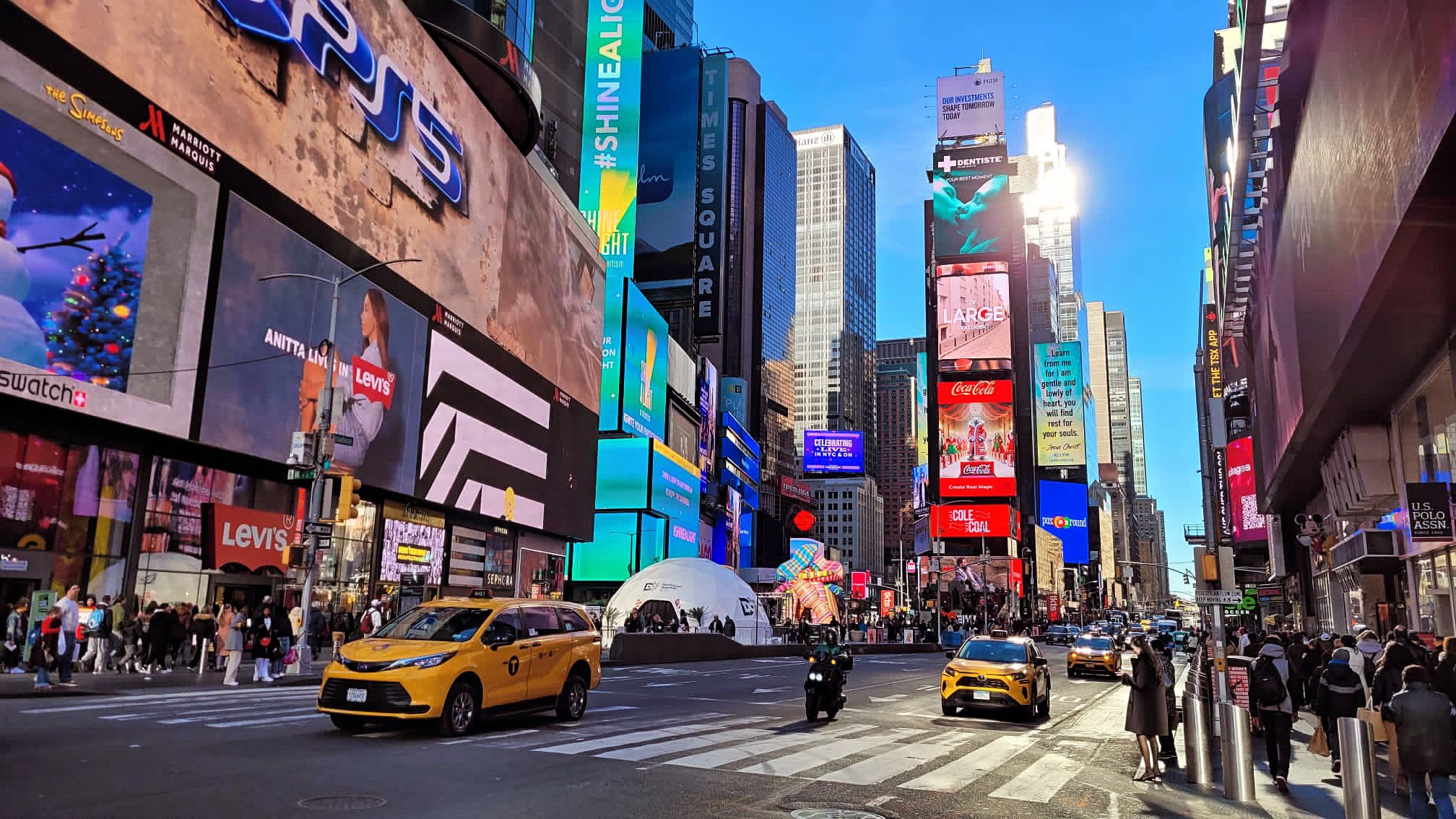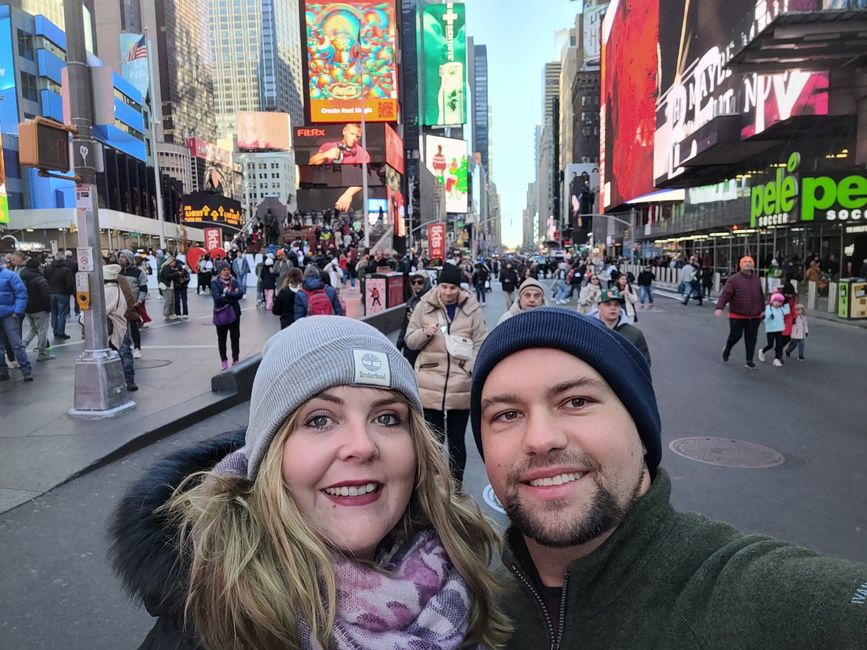Kampong Khleang- floating villages in Cambodia
Verëffentlecht: 21.07.2023
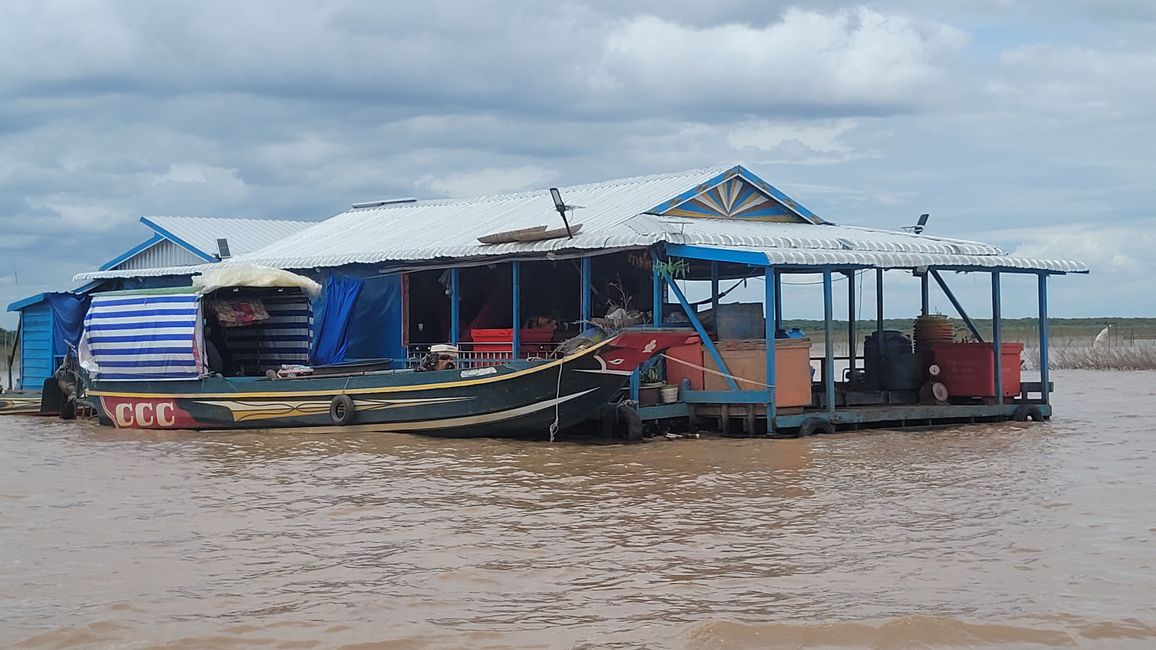
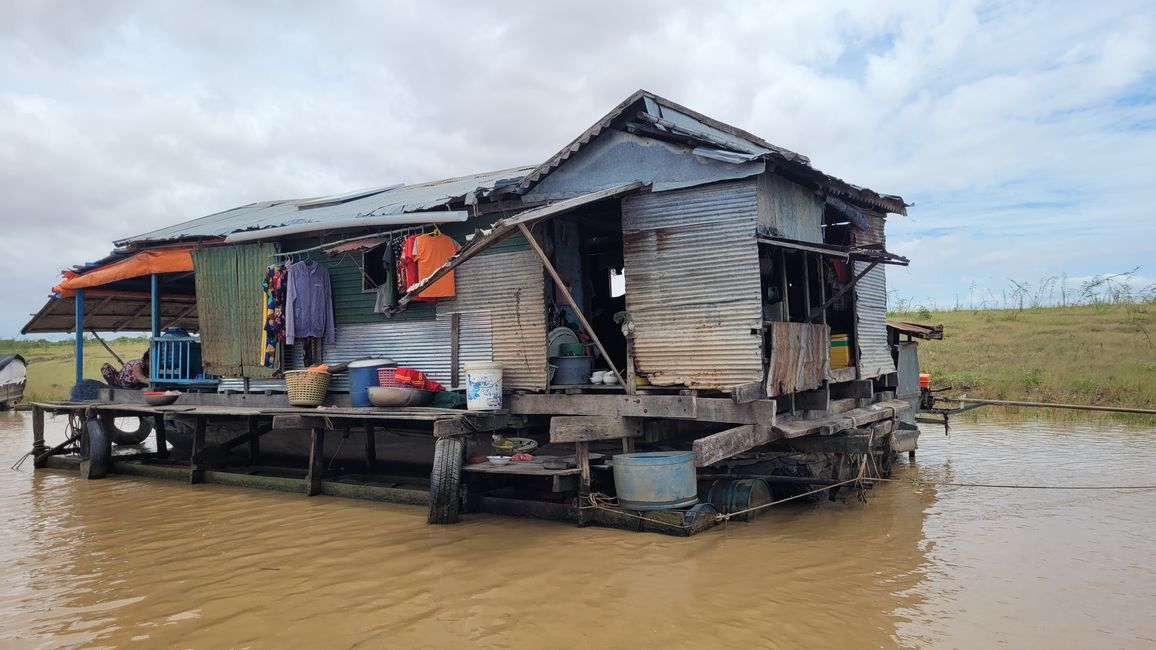
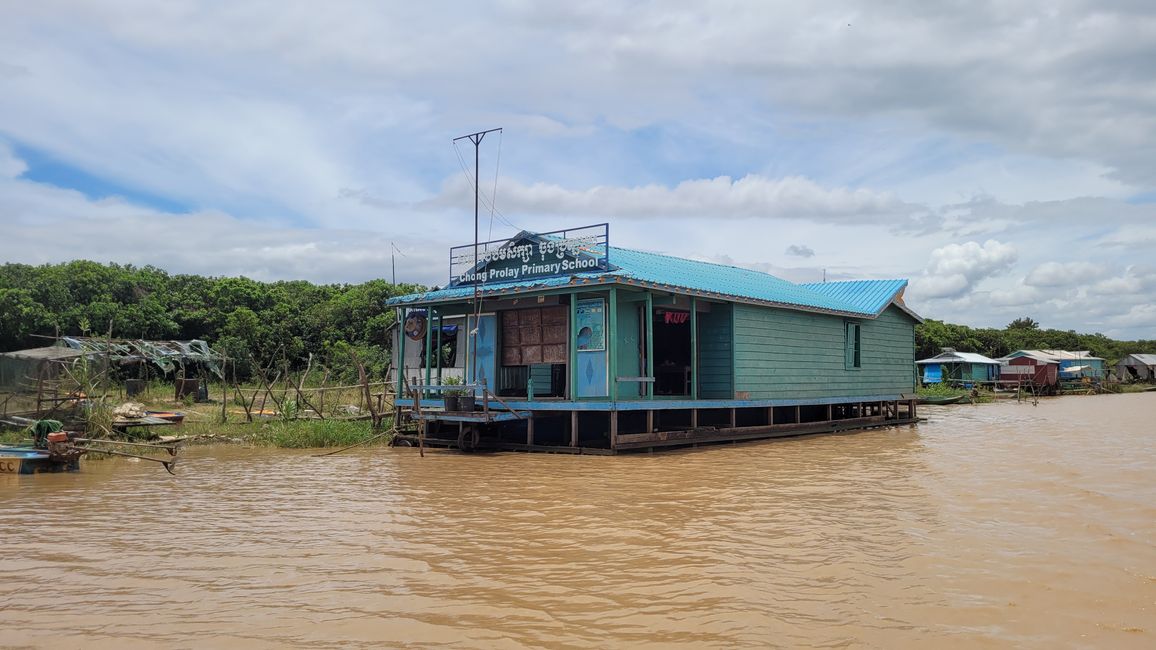
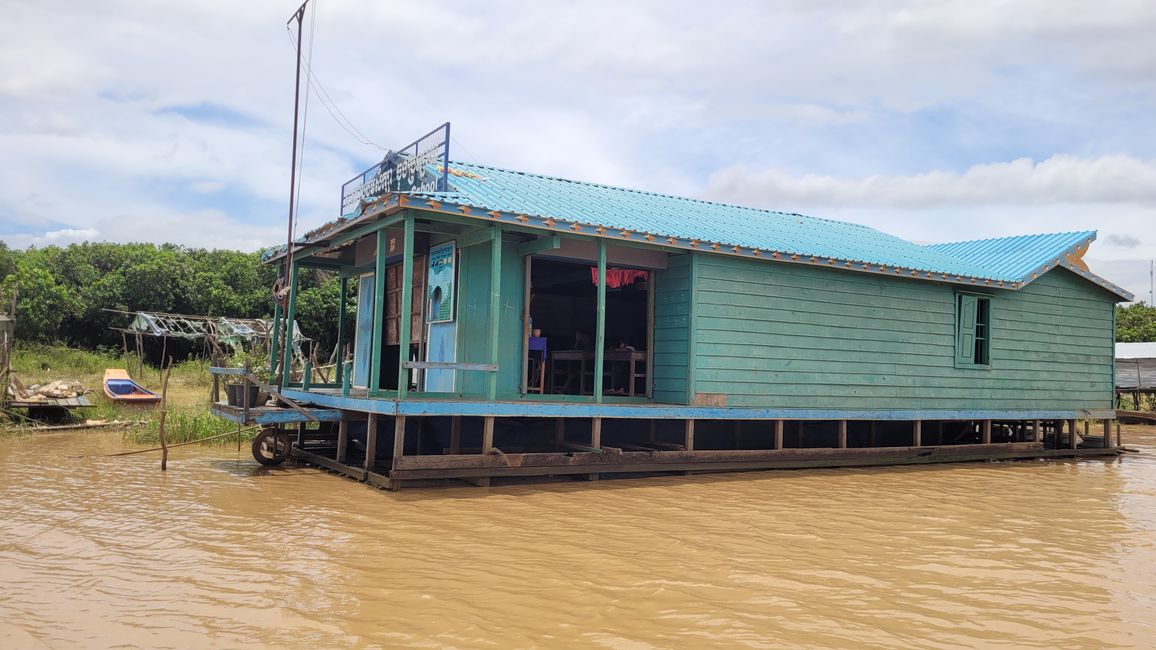
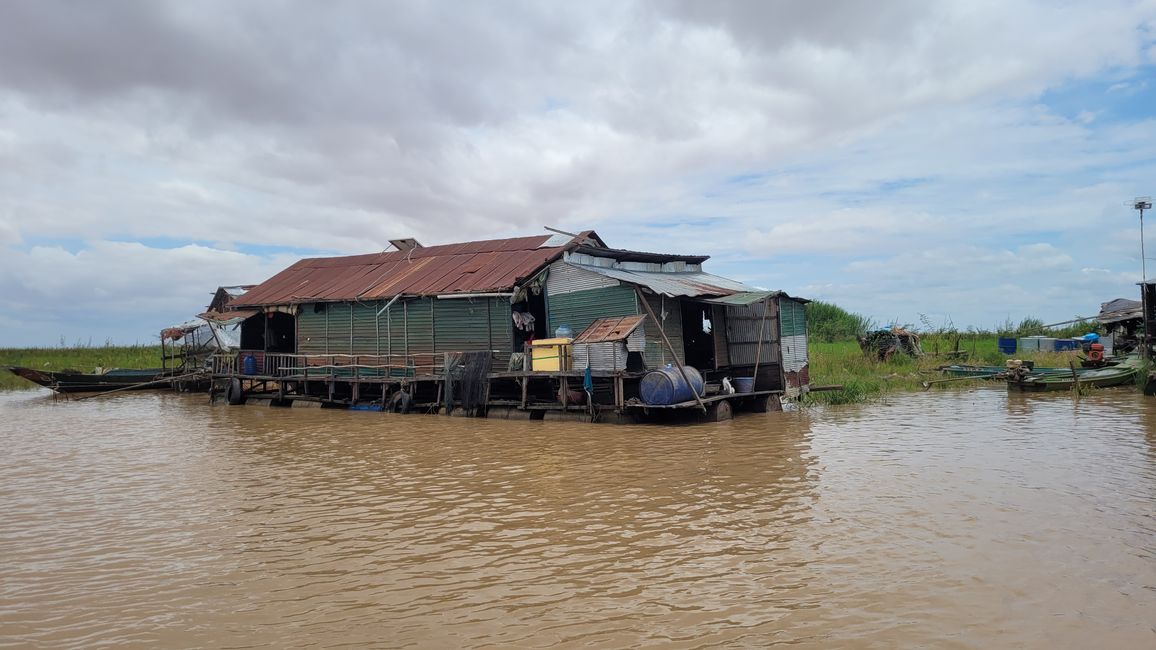
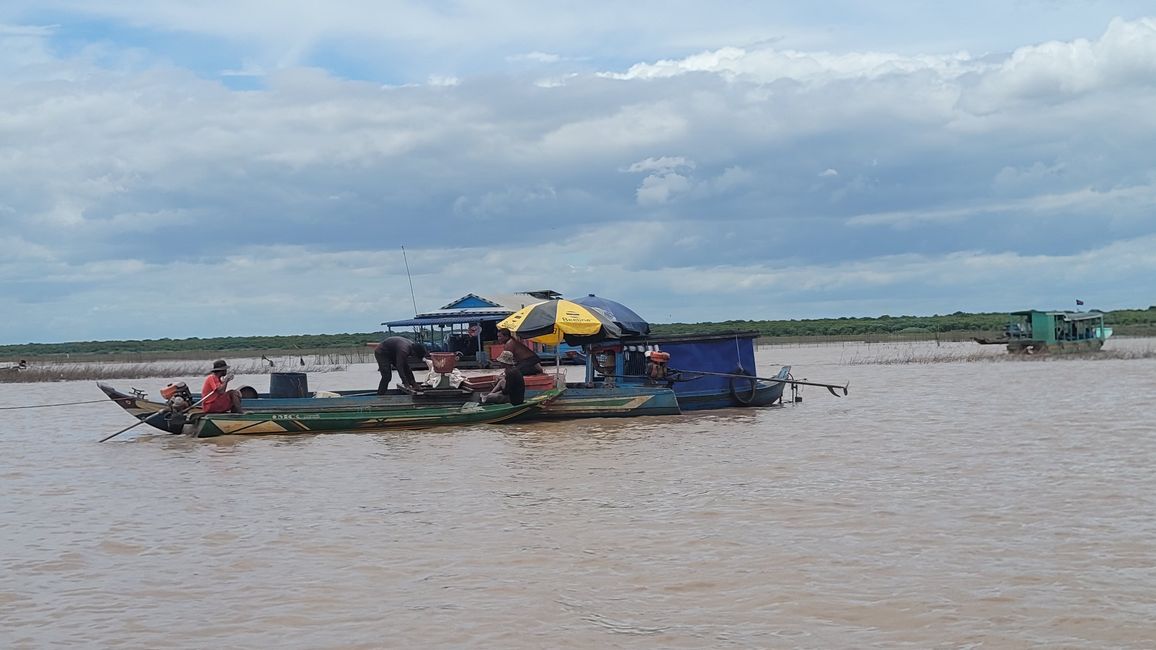
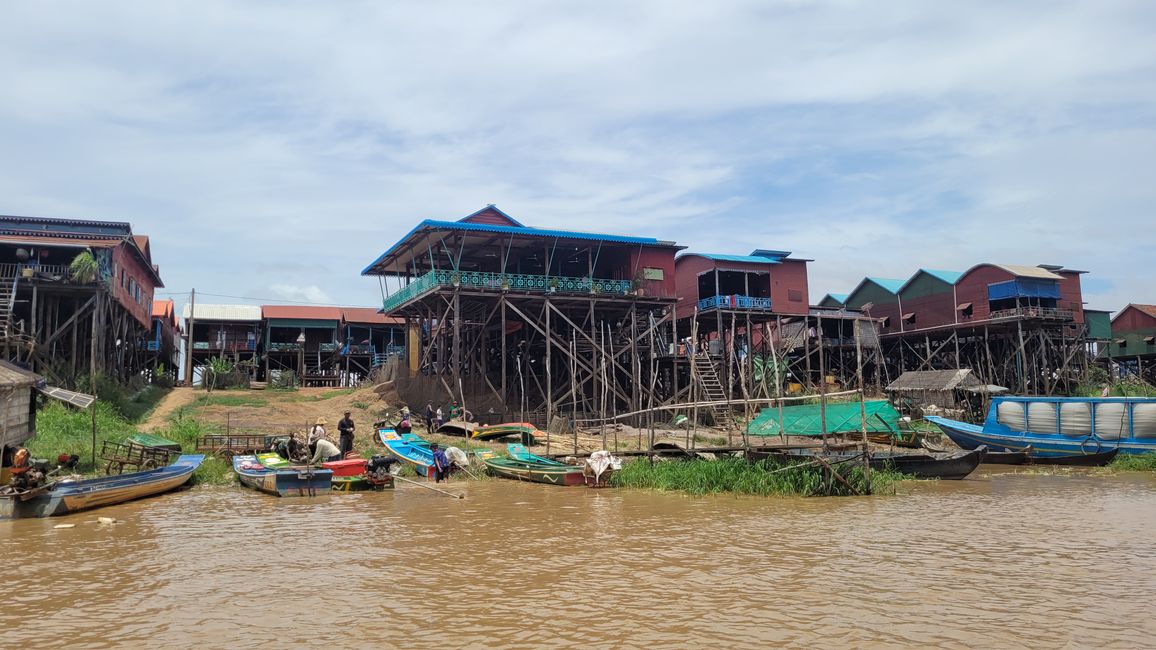
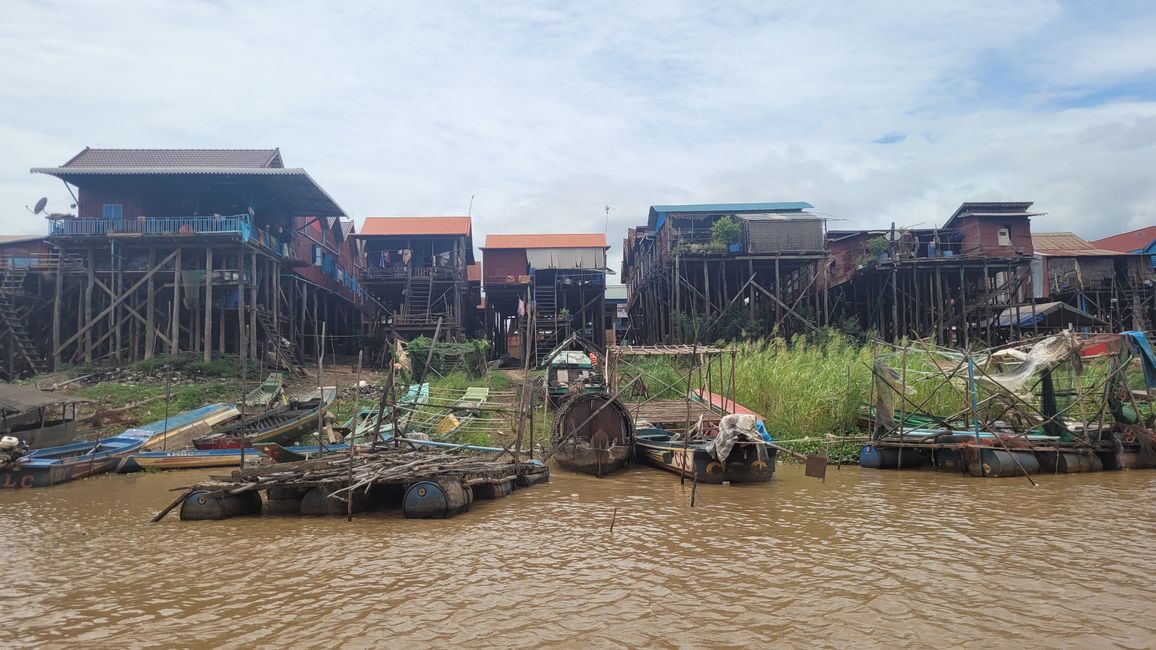
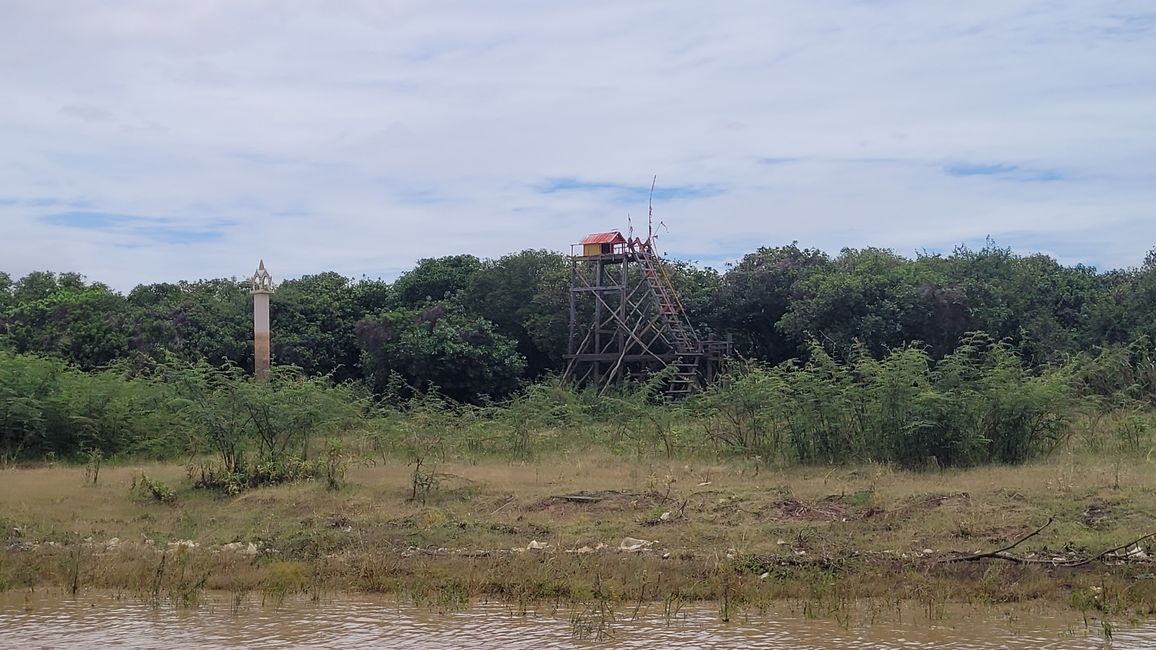
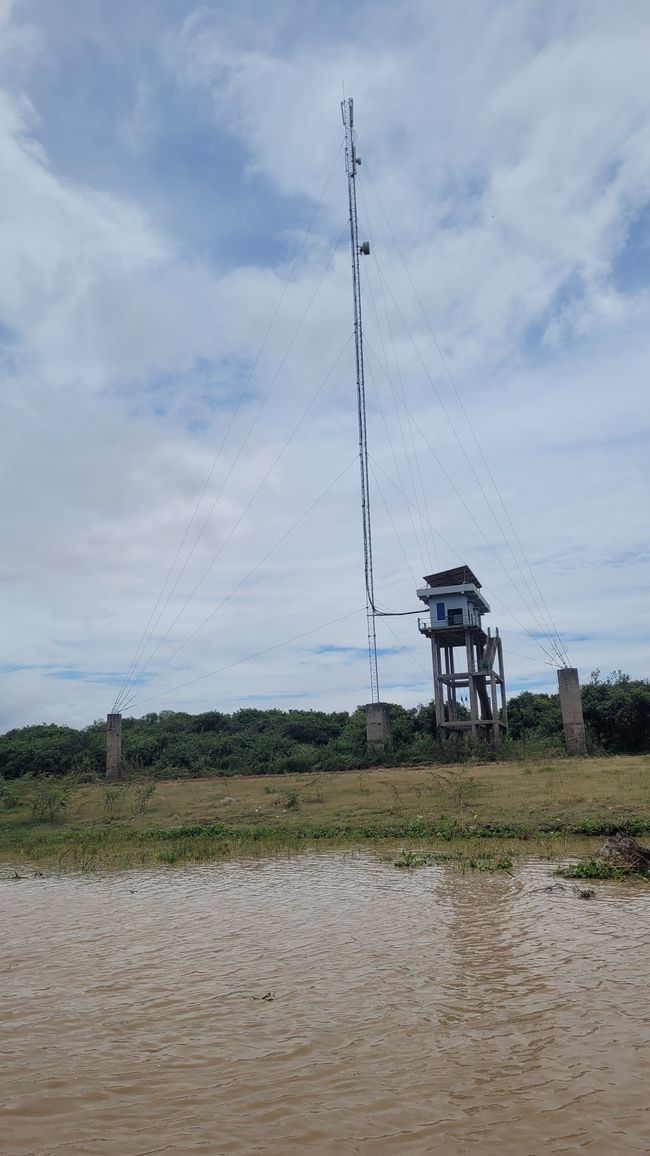
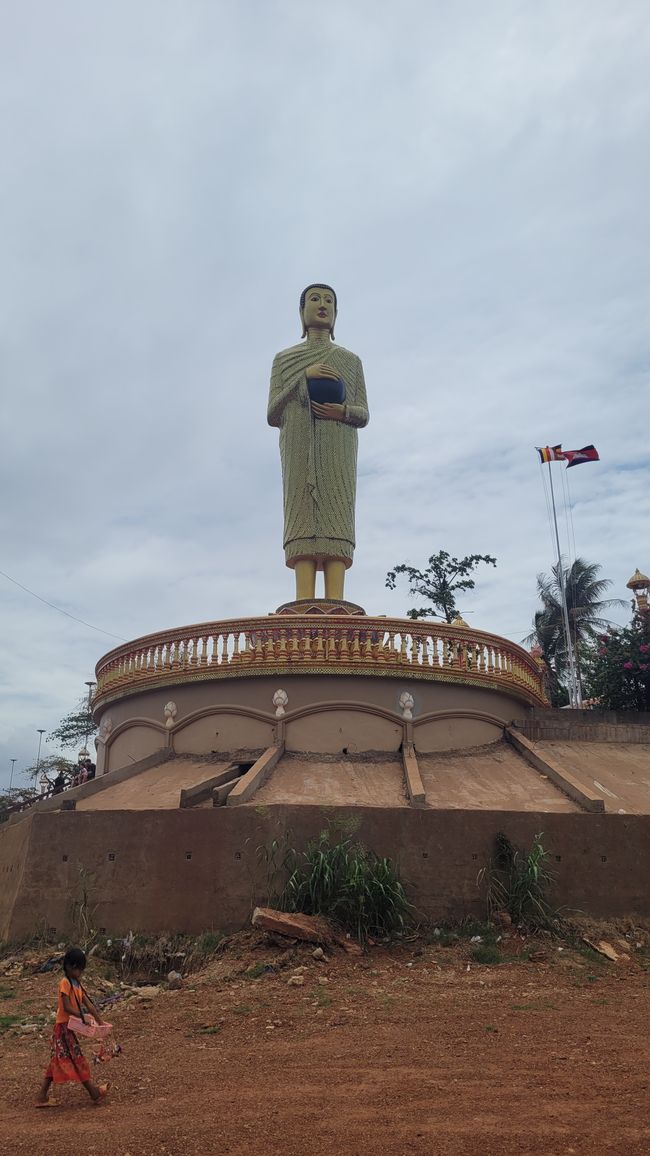
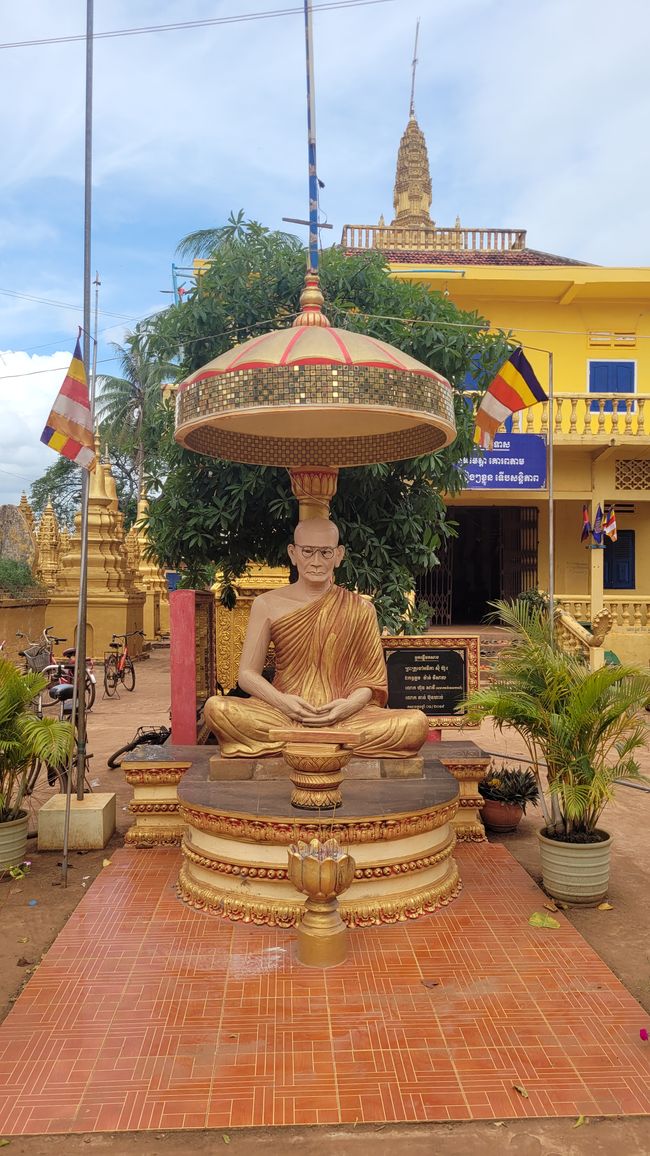
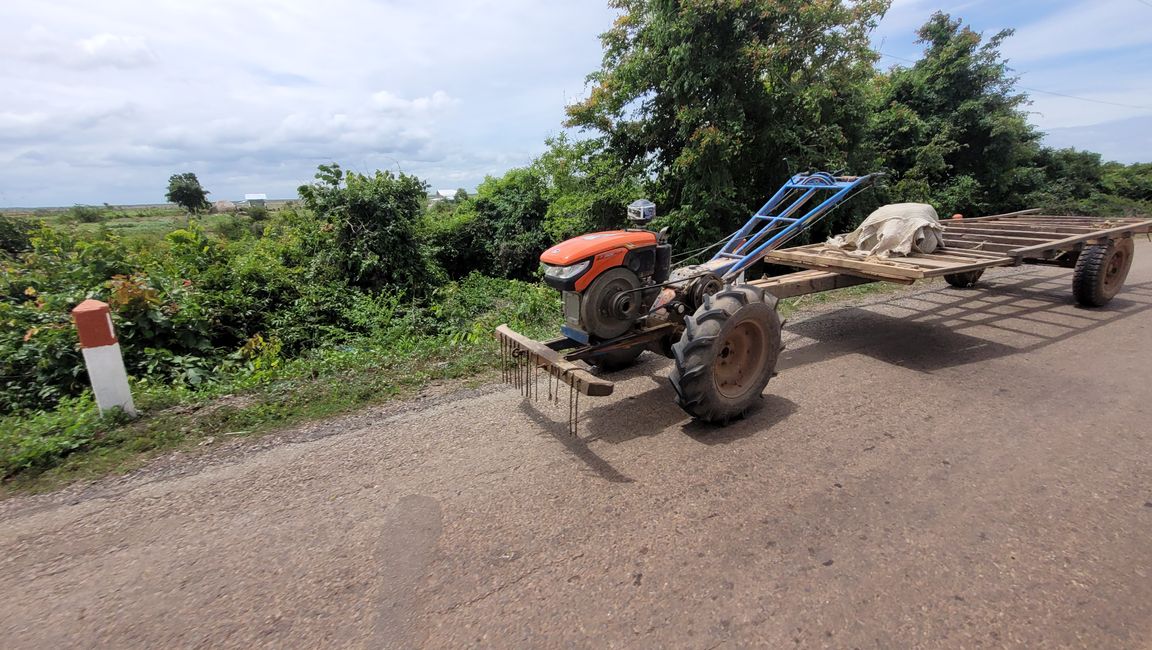
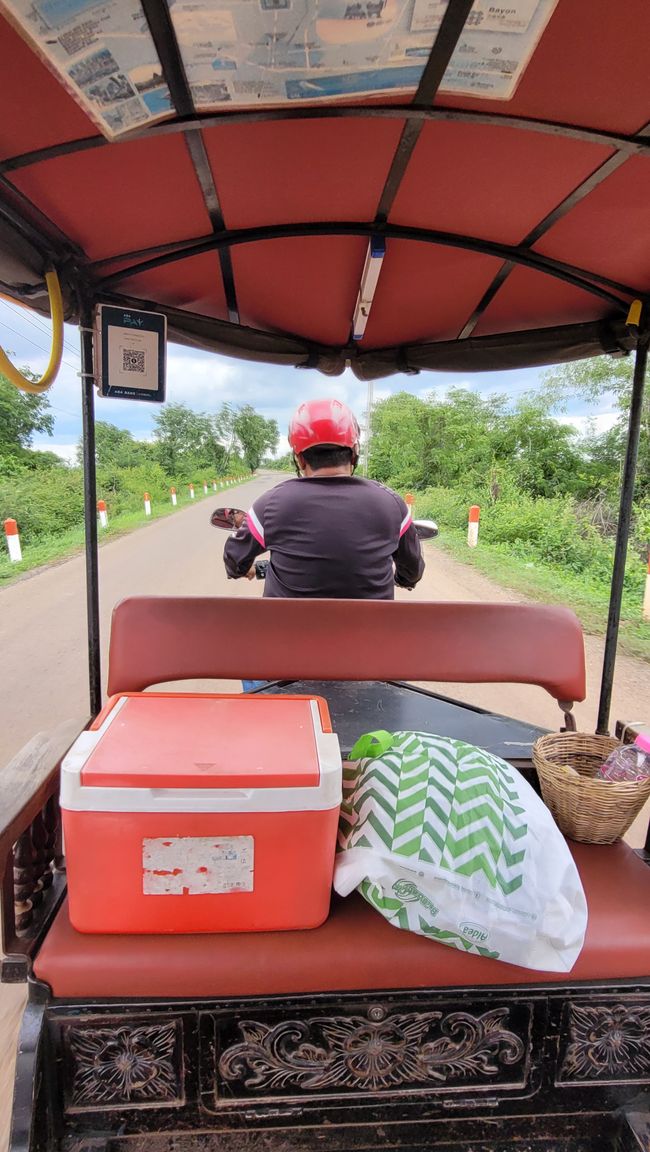
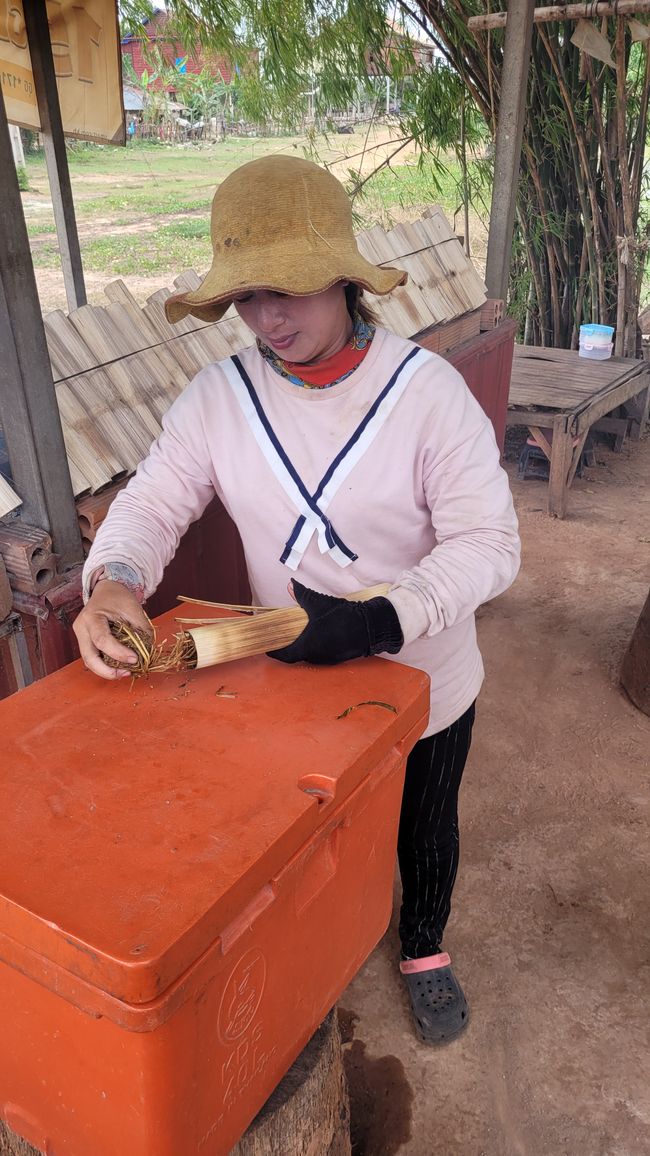
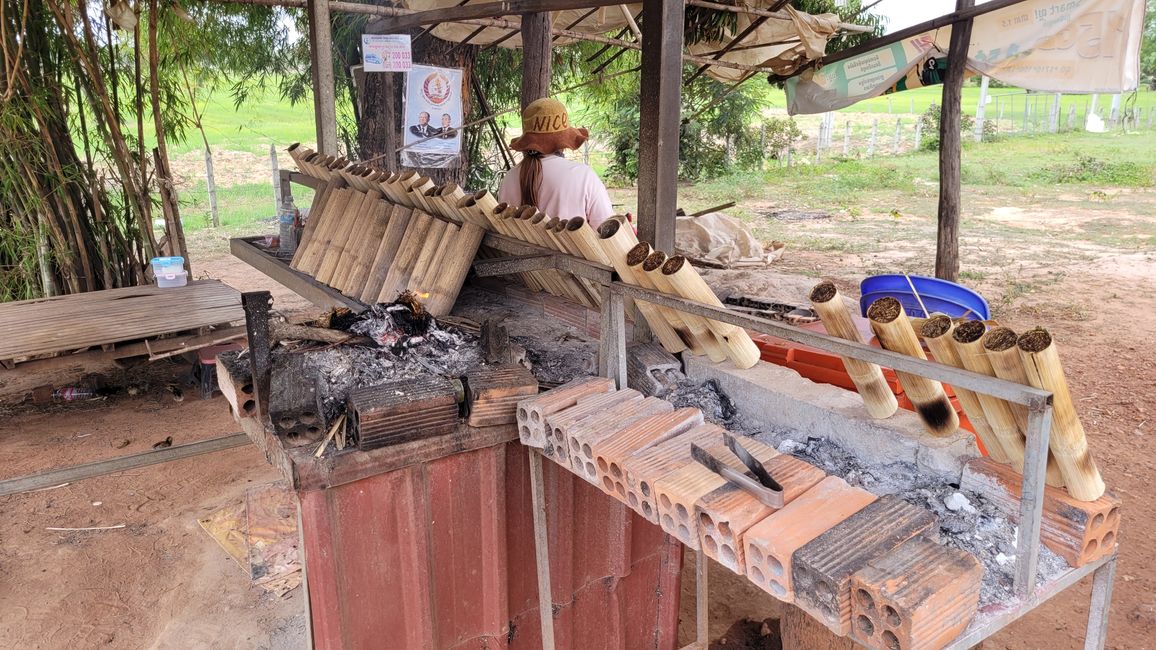
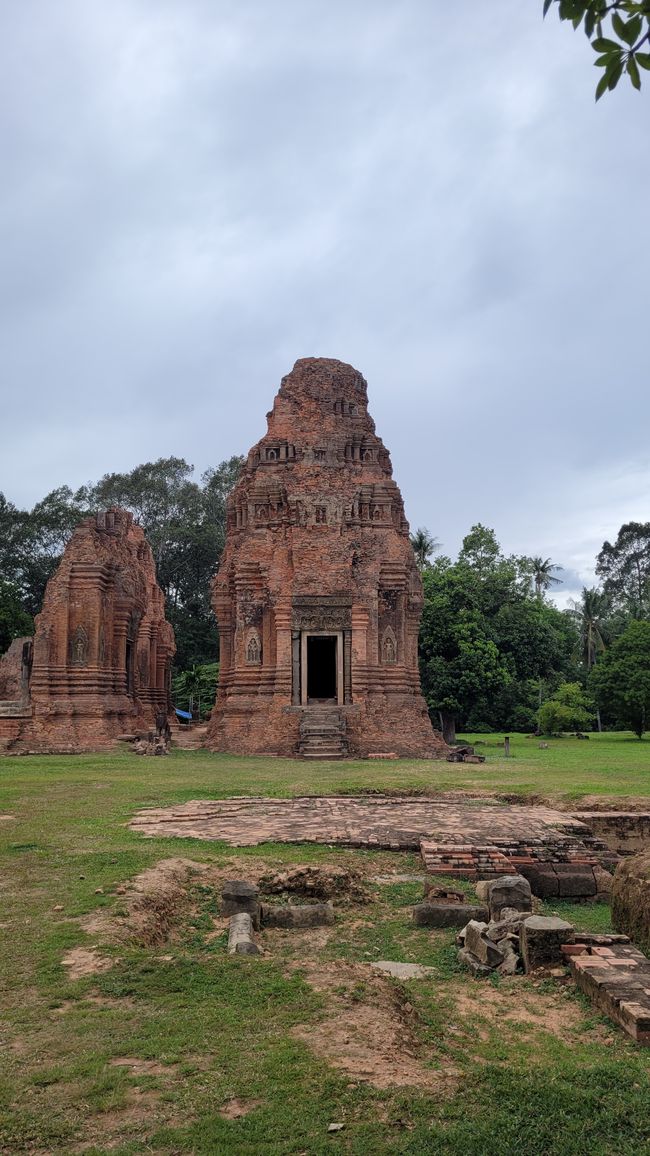
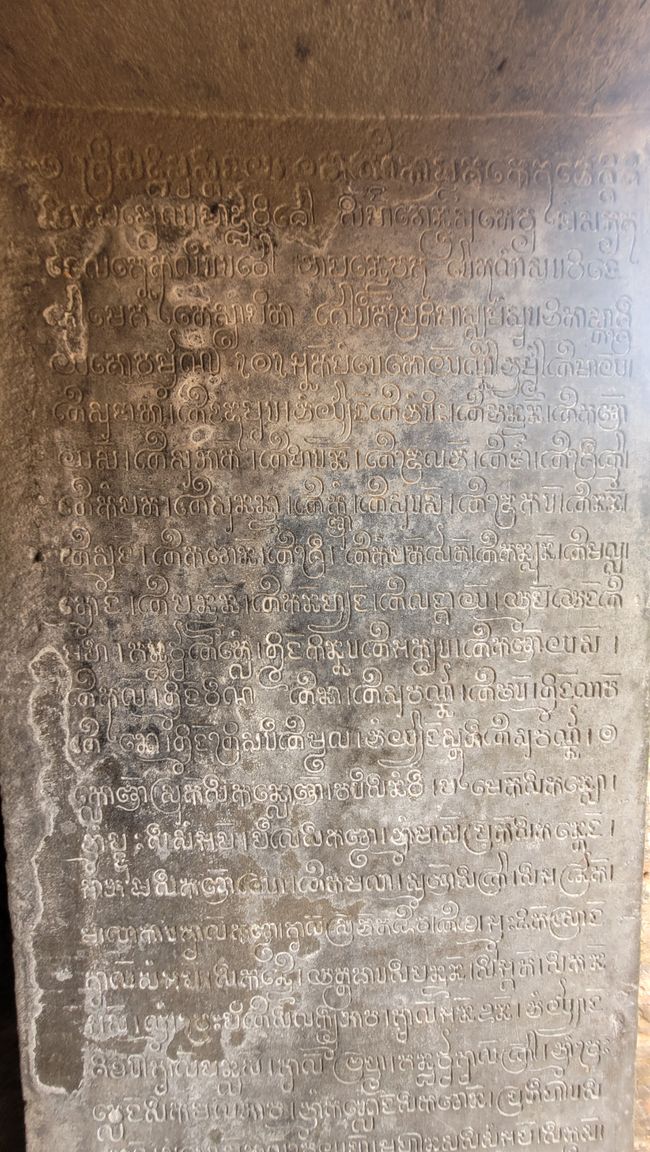
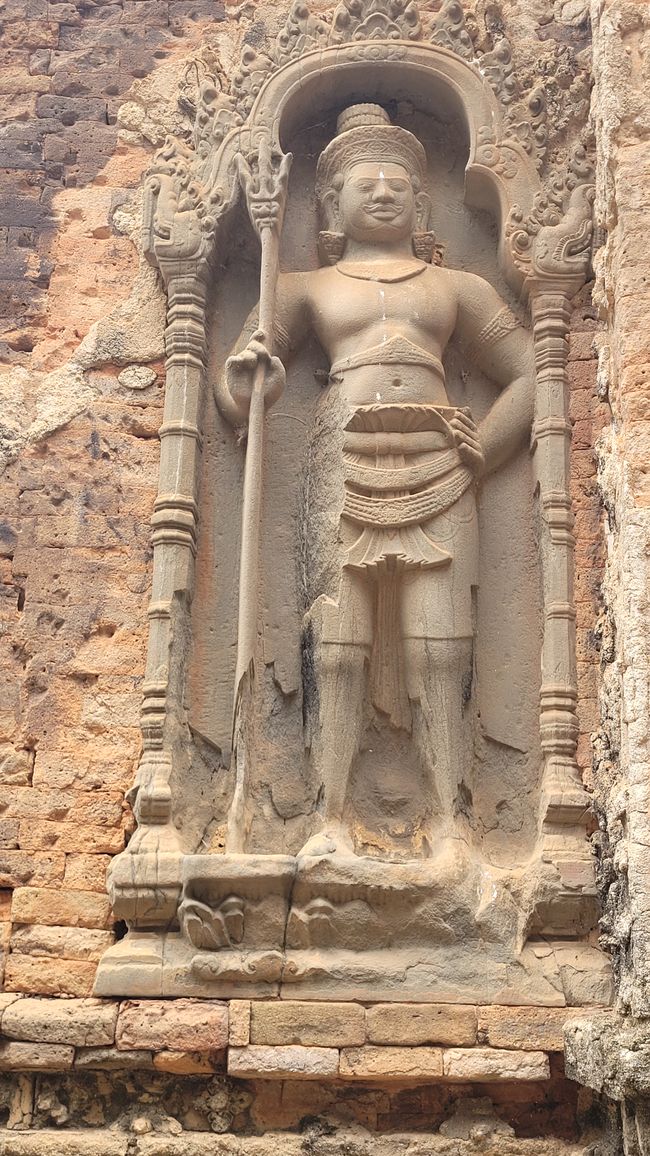
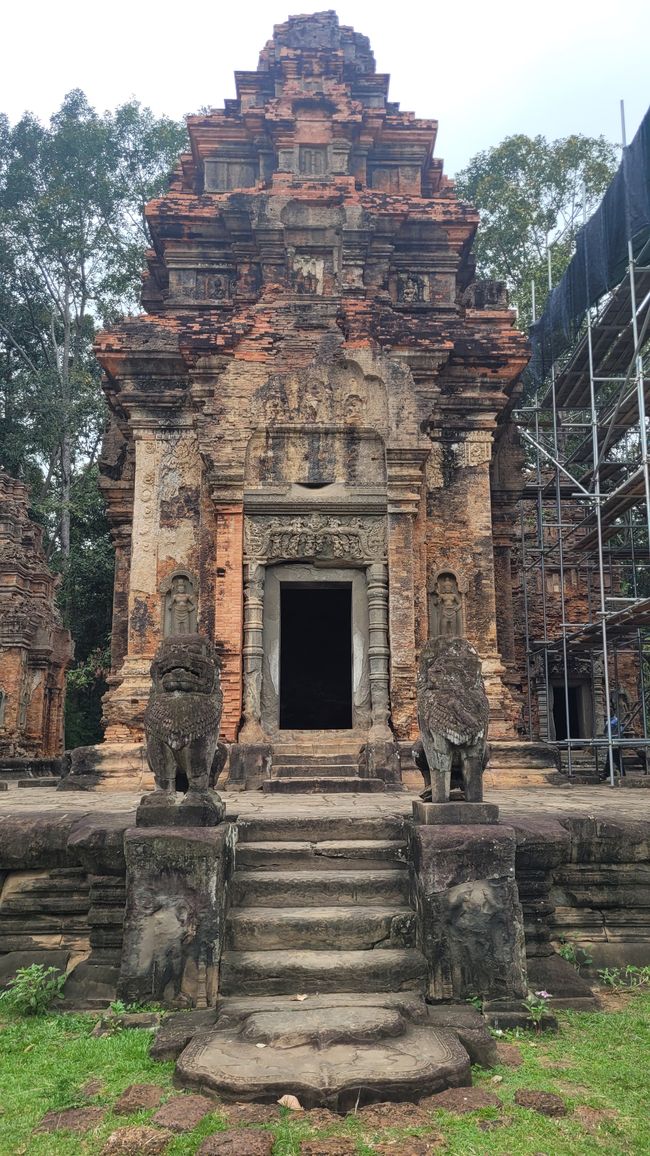
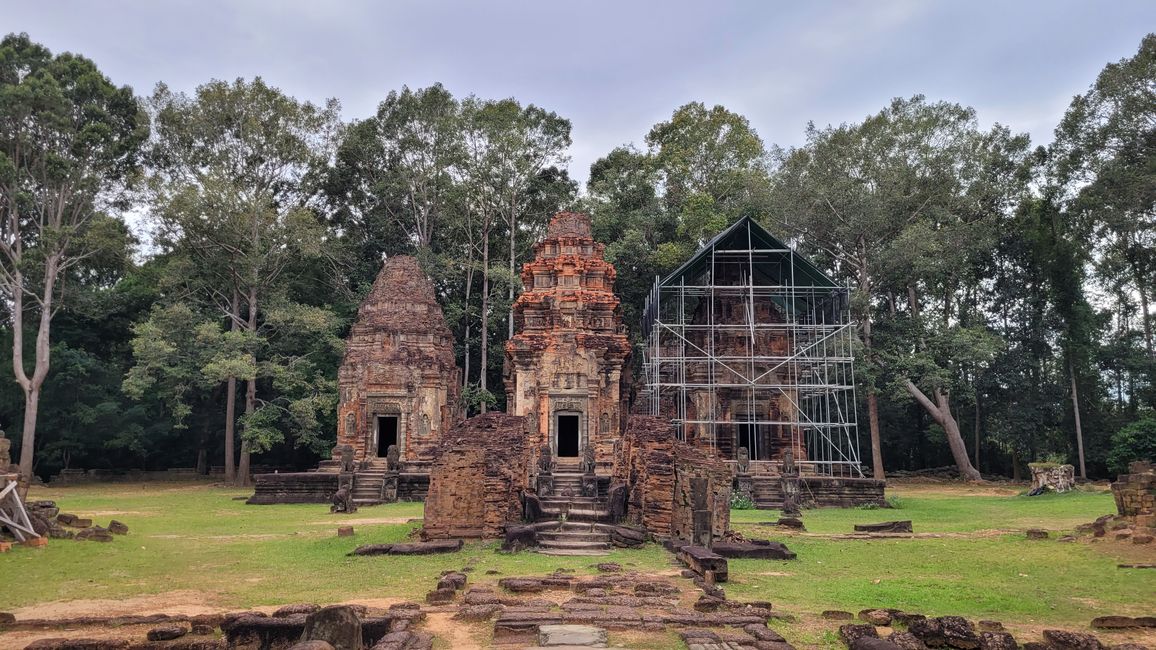
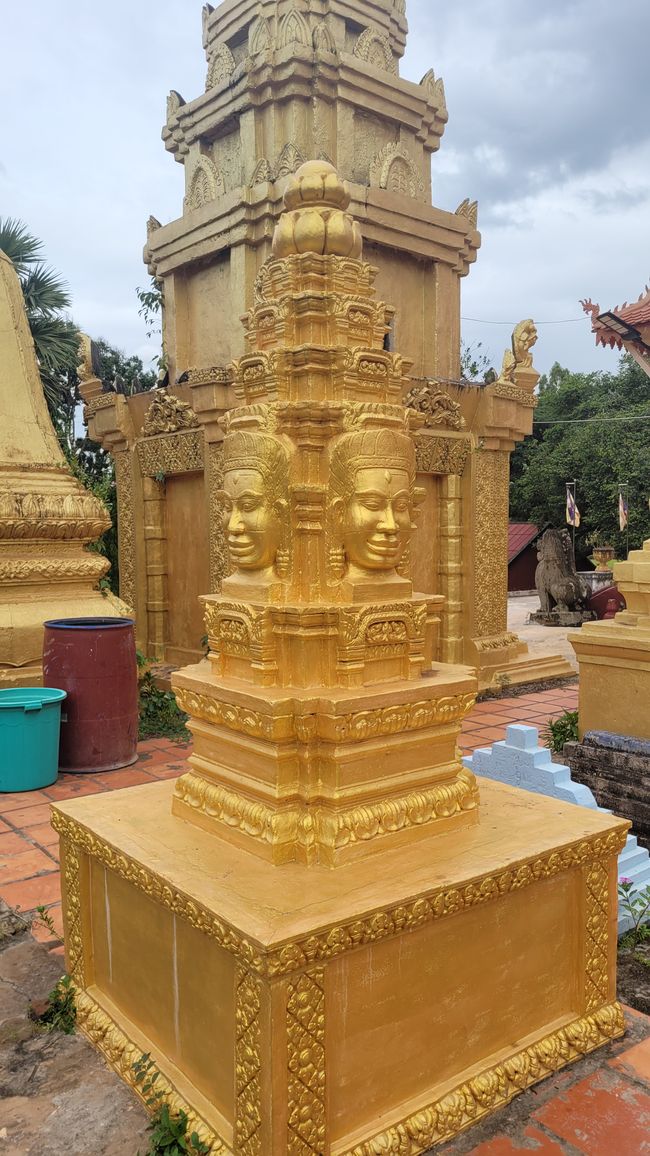
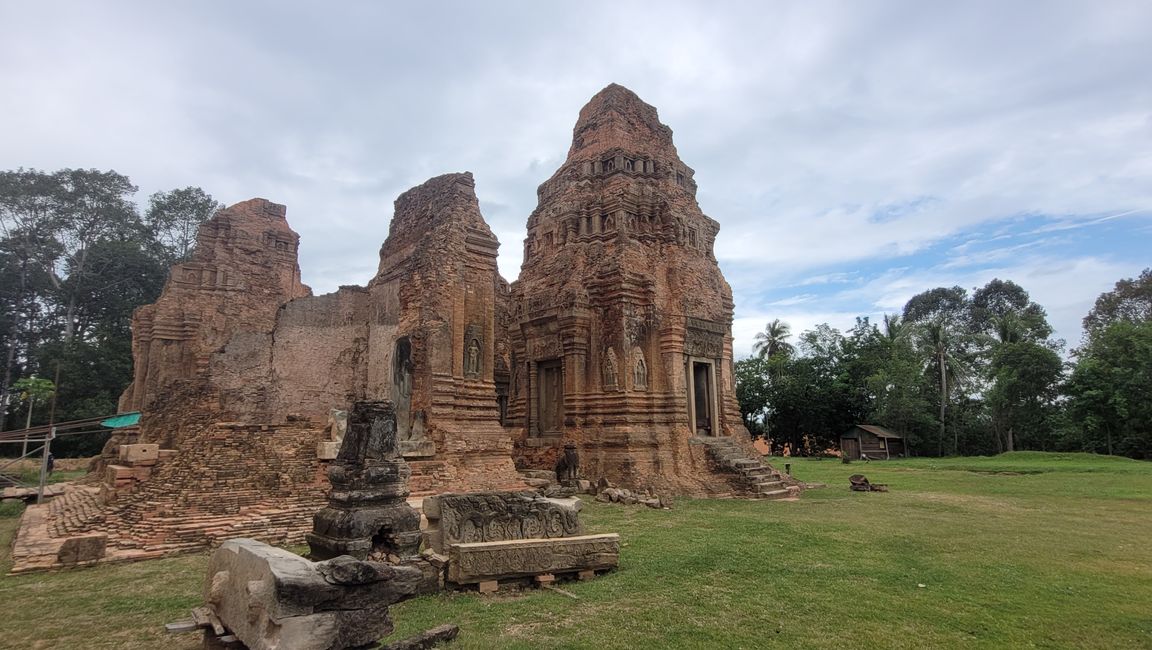
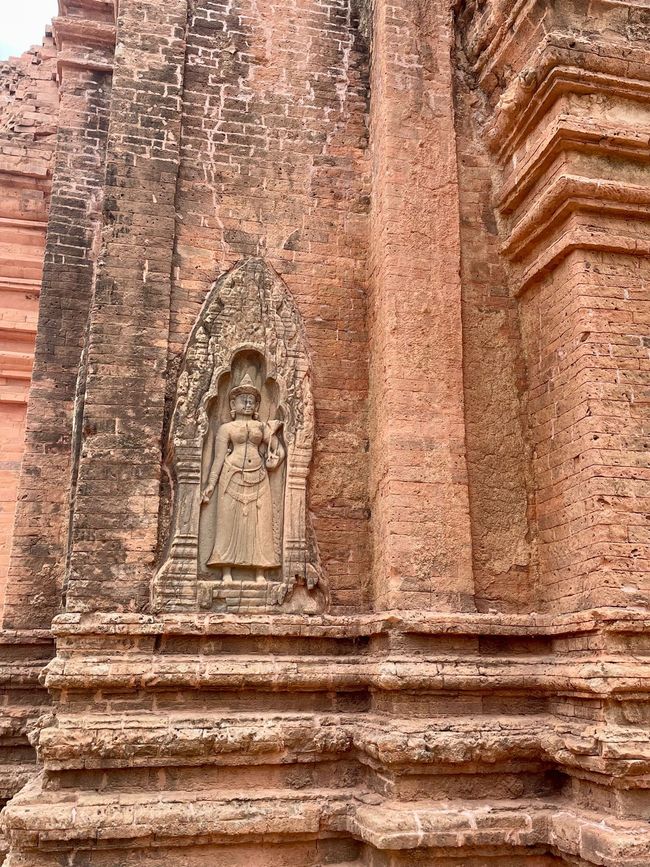
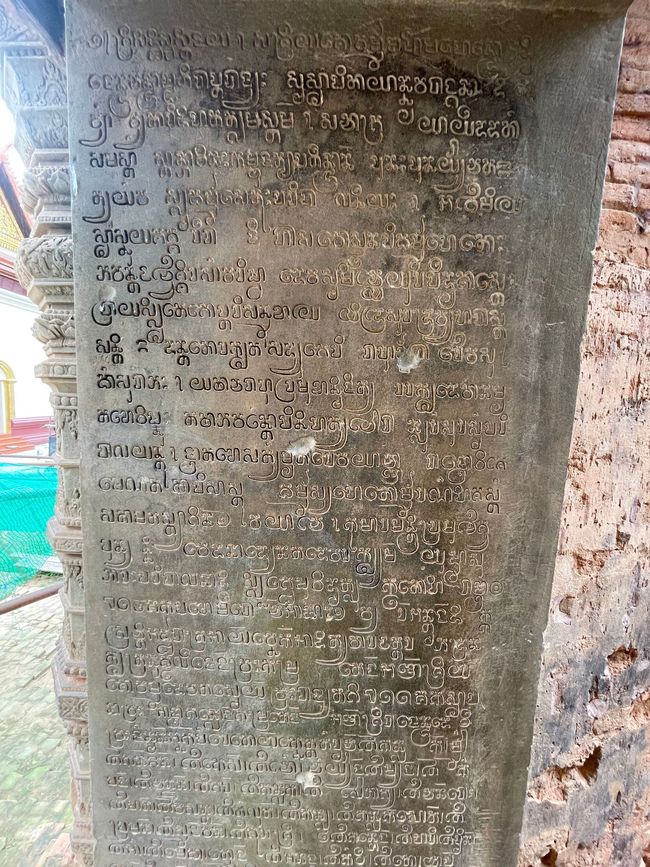
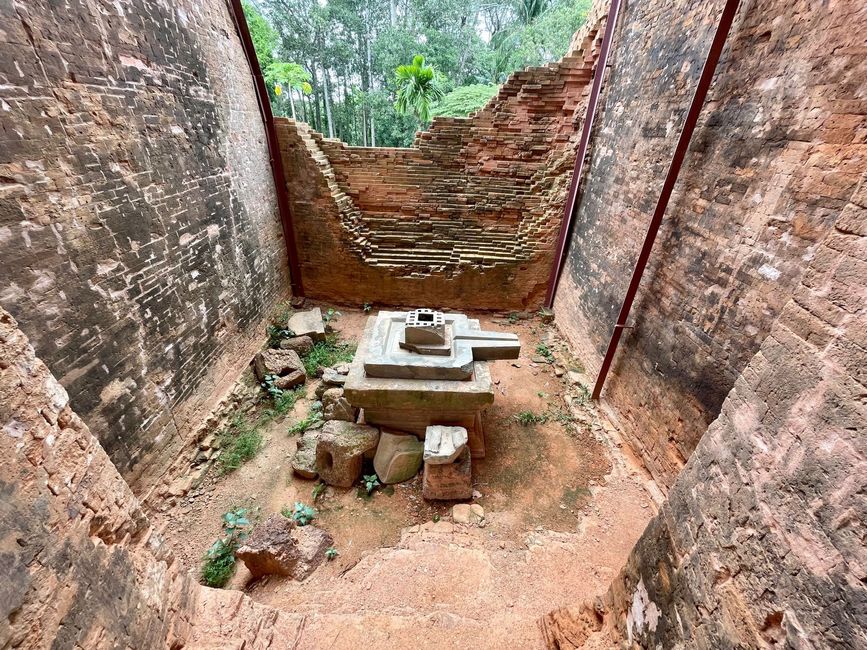
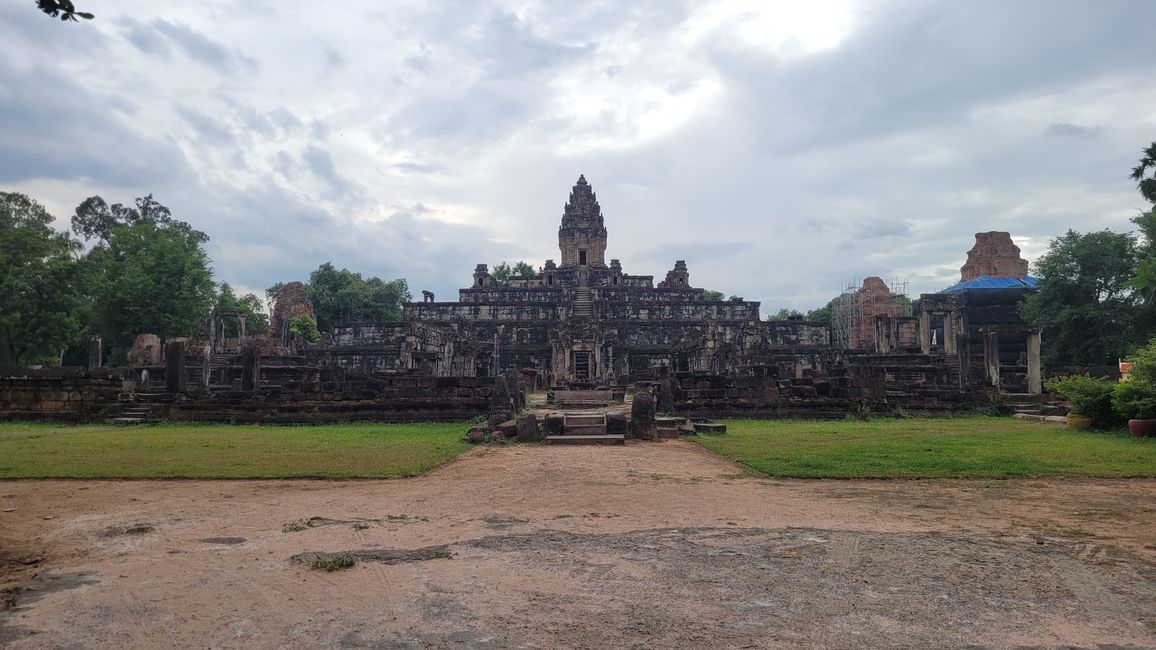
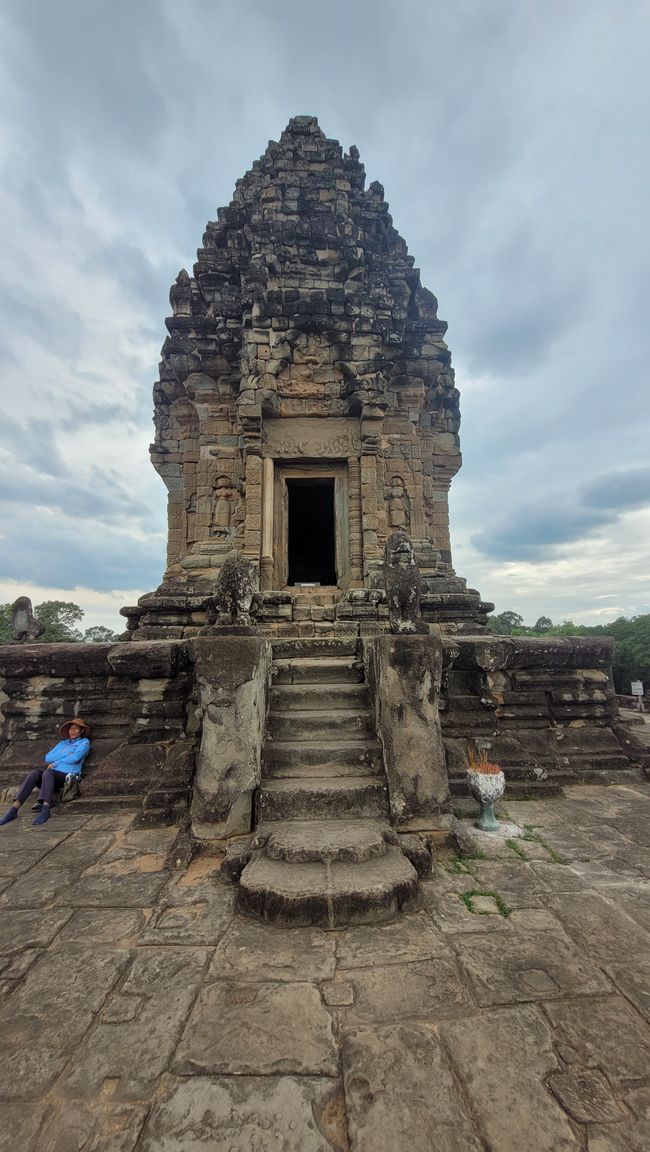
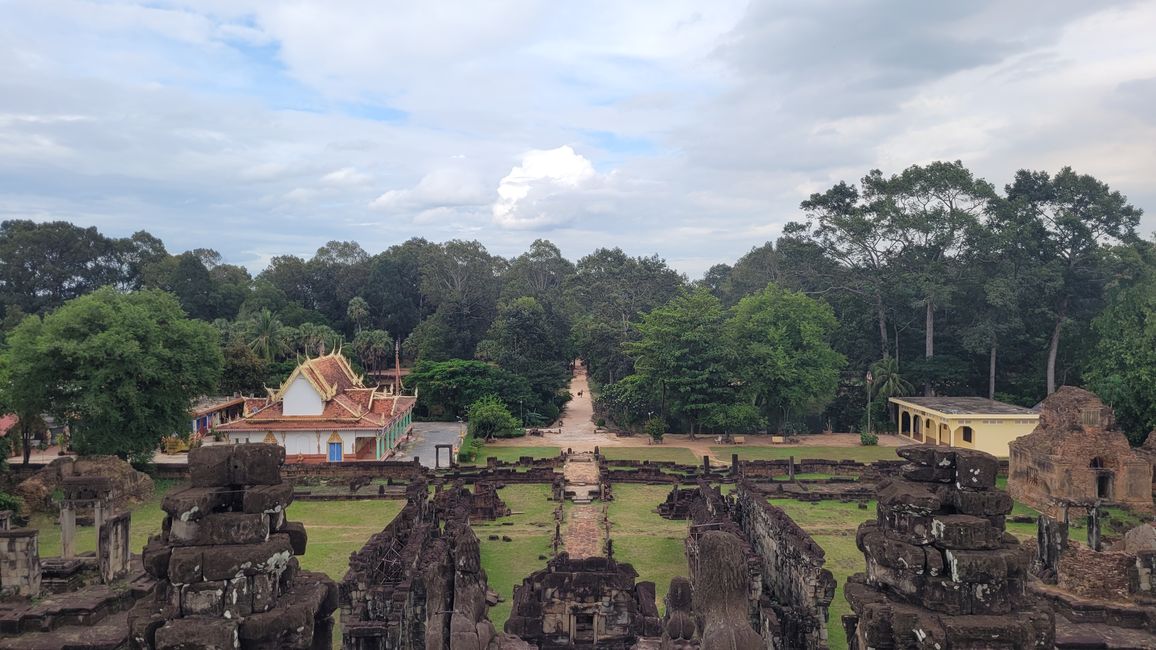
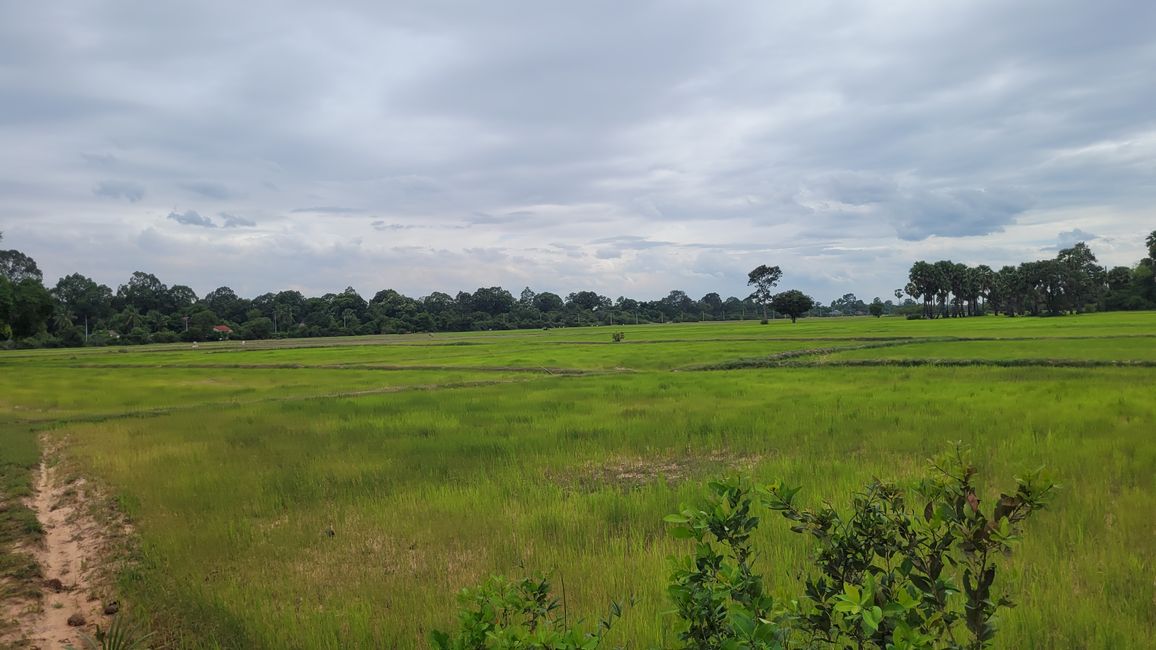
Abonnéiert Iech op Newsletter
Today, on day two in Cambodia, we explored a different side of the country. We visited a floating village.
There are 60 families living in the floating village. Despite the fact that life there takes place on boats, everything is 'quite normal'. The children go to school on a boat, there is a 'grocery shop boat', a floating cafe, a fisheries authority, pets, and so on. The families mainly rely on fish that they catch themselves for their livelihood.
The water level of the river and lake varies depending on the season. During the dry season, the water level is significantly lower, while during the rainy season it is much higher. The seasons have a massive impact on the position of the boats. Depending on the water level, the people have to move their boats several times a year. It's hard for us to imagine having to relocate several times a year. The neighboring village is built on stilts because the water level during the rainy season is up to ten meters higher than during the dry season. Even the main road of the village is underwater for four months of the year and cannot be used. During this time, the residents of the 'stilt village' can only leave their houses by boat. This is also hard for us to imagine.
It was fascinating for us to get an insight into the life of the villagers. We could observe that the people treat each other with great care and respect. Boats passing each other would slow down to avoid splashing each other, and everyone greeted each other.
During our 1 1/2 hour boat trip through the small village, we gained a small insight into the lives of the people. We often saw radiant faces and learned a lot about the people.
On the way back, we tried sticky rice. The rice is cooked together with coconut flakes or coconut milk and black beans in bamboo. Very delicious 🤤!
In the afternoon, we visited the oldest temples of Angkor (we had a three-day ticket). These temples are located outside the city and are quite different from the more well-known ones. The primary difference is that these temples are made of bricks, while the newer temples are made of stone blocks from the mountains.
In addition, we had a touching encounter with a local person, to whom we will dedicate a separate blog post.
Abonnéiert Iech op Newsletter
Äntwert
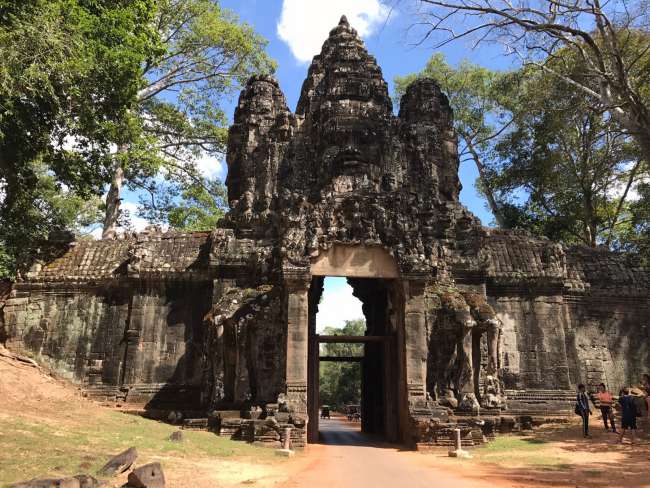
Reesberichter Kambodscha
